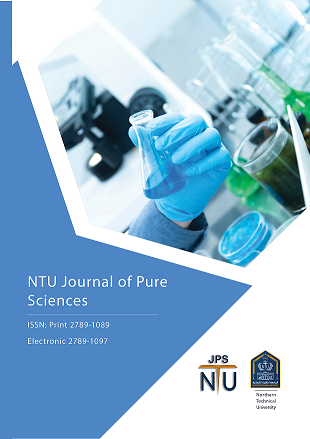Abstract
Background: Since the origin of obesity is multifactorial and complex, resulting from the interaction between genetic/epigenetic, environmental, and socio-psychological determinants, in addition to the bacterial composition of the intestinal flora could be a third element involved in the development of excess weight. therefor intestinal flora (especially Lactobacillus) plays an intermediary role in the metabolism and inflammation and involved in the pathogenesis of diabetes type 2 and obesity.Objective:This study aimed to determinethe relationship between identified Lactobacillus spp.and obesity in women.Material and method: This study included the collection of 90 samples from participants (20-50 Years) during the period from December 2022 to March 2023. Body mass index was calculated for study participants and Lactobacillusstrain was microbiologically and biochemically identified.Results: Results showed that Lactobacillusof obese participants are significantly (p<0.001) different from that of thin and normal participants.Conclusion: This study showed a microbiological analysis revealed that obese diabetic and non-diabetic patients had higher percentages of many distinct types of lactobacillusthan thin and healthy diabetic and non-diabetic patients.Female participants with type 2 diabetes had FBG values that were greater than those of non-diabetic participants, and it also rose with age
Keywords
BMI
diabetes.
Kirkuk
Lactobacillus
Obesity
